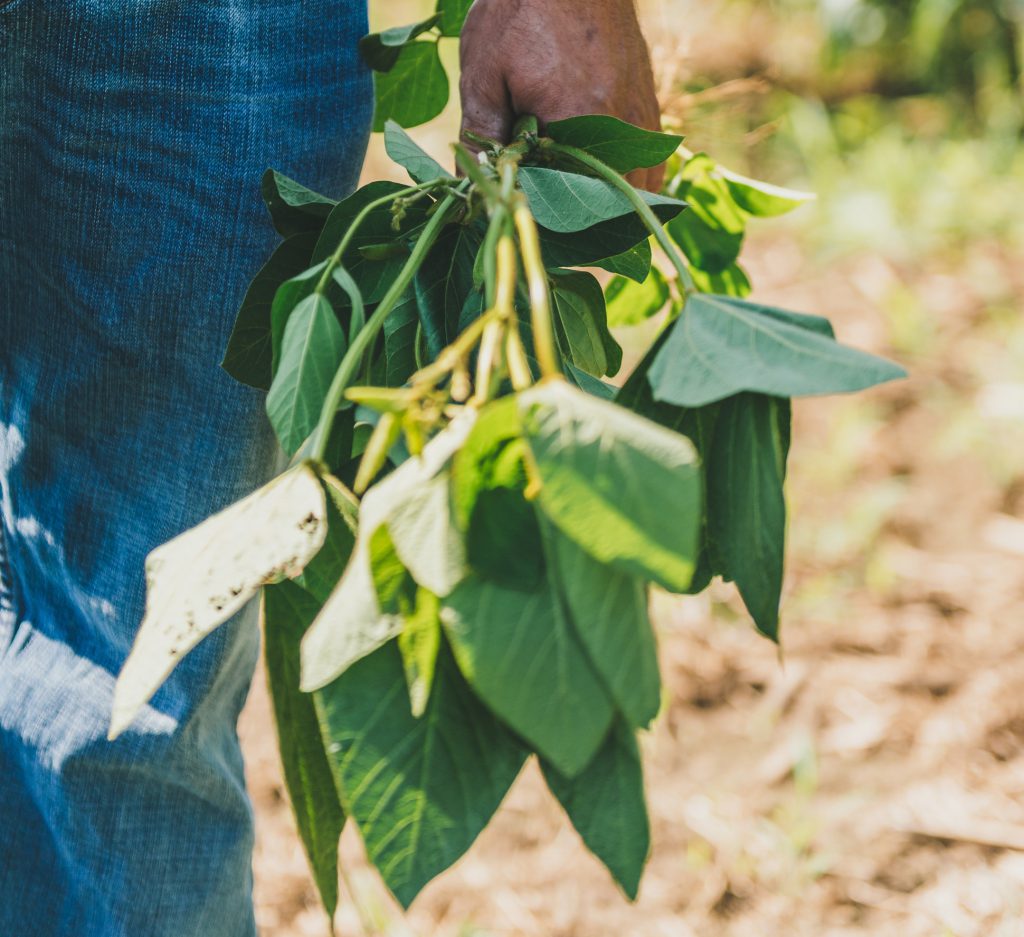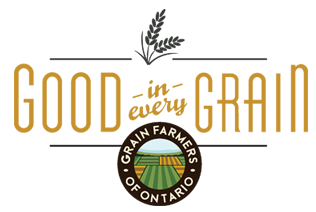Do Ontario grain farmers grow GMOs?

Yes, Ontario grain farmers grow genetically modified (GM) soybeans and corn. However, they also grow conventional soybeans and corn. In Canada, there is no such thing as genetically modified barley, oats, or wheat.
GM crops have been cultivated for more than two decades, and food produced from them has been eaten and enjoyed by billions of people worldwide with no harm to humans. GM crops help farmers fight plant pests and diseases, grow their crops with less water, and minimize inputs like fertilizer and spray herbicides. GM crops do not cause allergies, cancer, infertility, ADHD, autism, or any other diseases or conditions.
Health Canada and the Canadian Food Inspection Agency have declared that GM crops are as safe as non-GM crops. They are not alone in this view. Regulatory agencies around the world, as well as highly regarded international organizations like the World Health Organization, have all endorsed the safety of these crops. A GM crop can take up to 13 years of research and rigorous testing and cost close to $150 million before it is brought to market.
In May 2016, the United States National Academy of Sciences released its report, Genetically Engineered Crops: Experiences and Prospects, a holistic analysis of “the purported positive and adverse effects of [GM] crops”. The committee members responsible for the report evaluated 1,000 scientific articles, received input from scientists, industry, and environmental group, and took comments from the public throughout the process; after two years of research, the report concluded that GM crops are as safe as conventional crops. You can read the report here.
The decision to grow GM or conventional crops is one made by the individual farmer – they are not forced to grow any kind of seed by big companies. They choose their seed based on what they know grows best on their land, in their local climate, and according to consumer demand. Not all Ontario grain farmers grow GM corn and soybeans; for example, if their soil quality allows it (and a variety of other factors), farmers can grow “Identity Preserved” non-GM soybeans that command a significant premium on the market.
